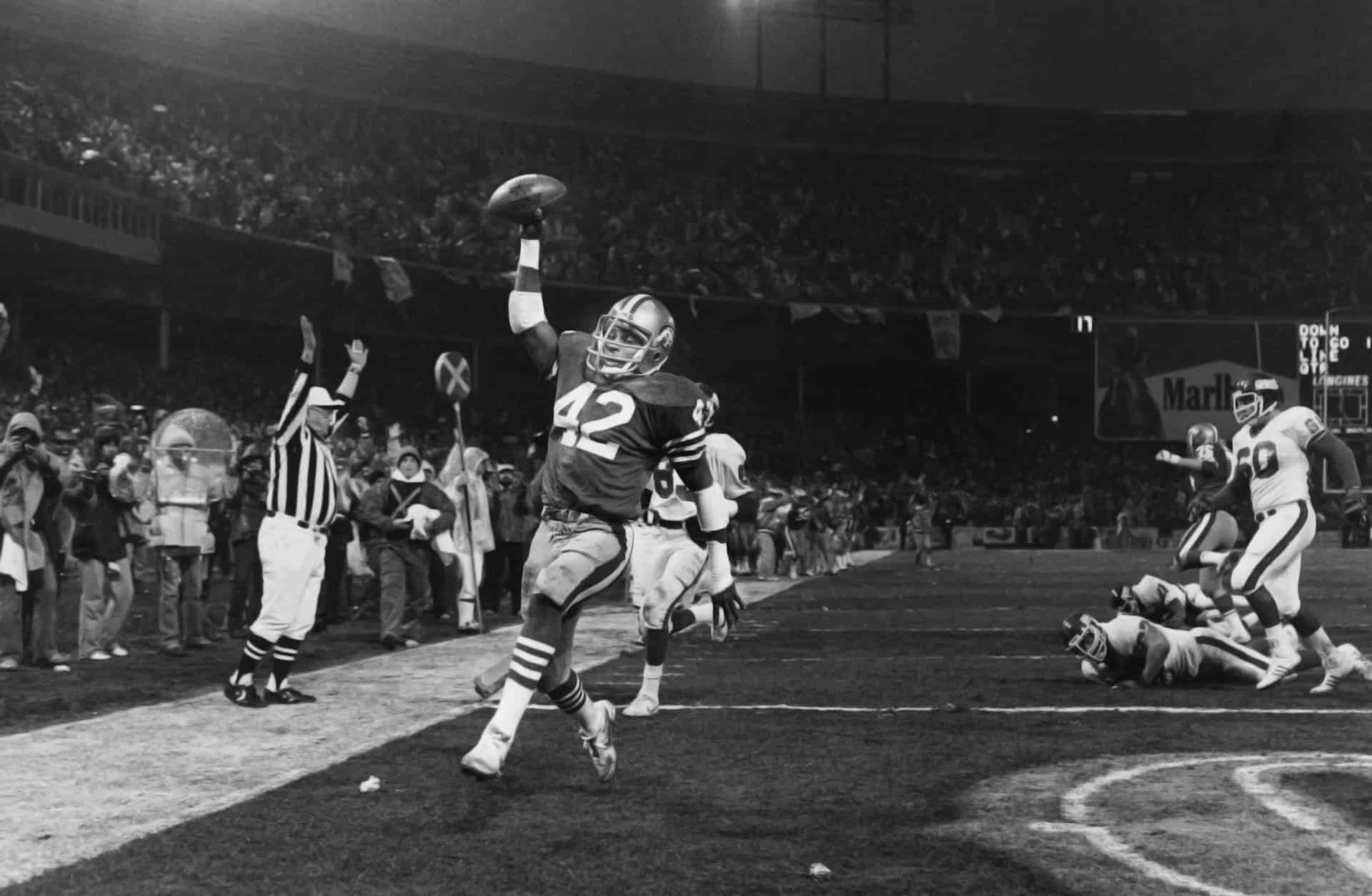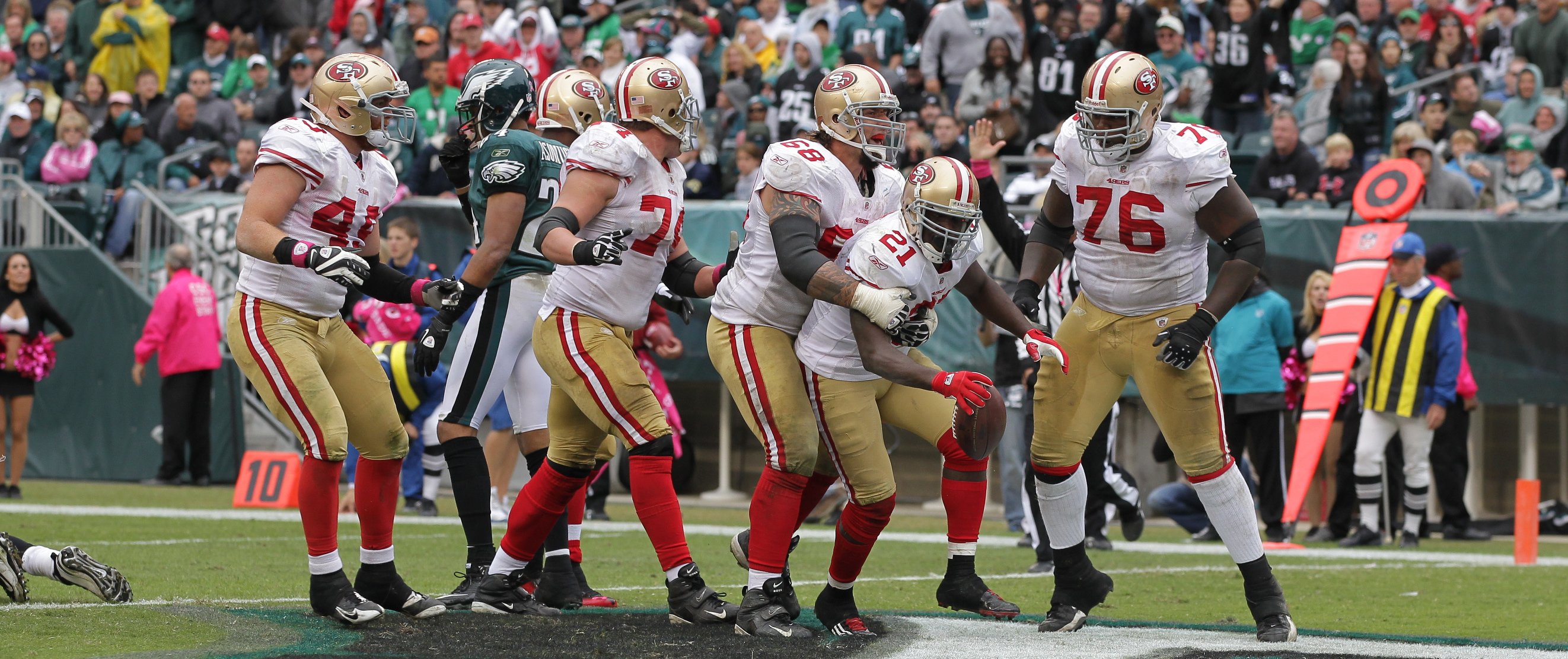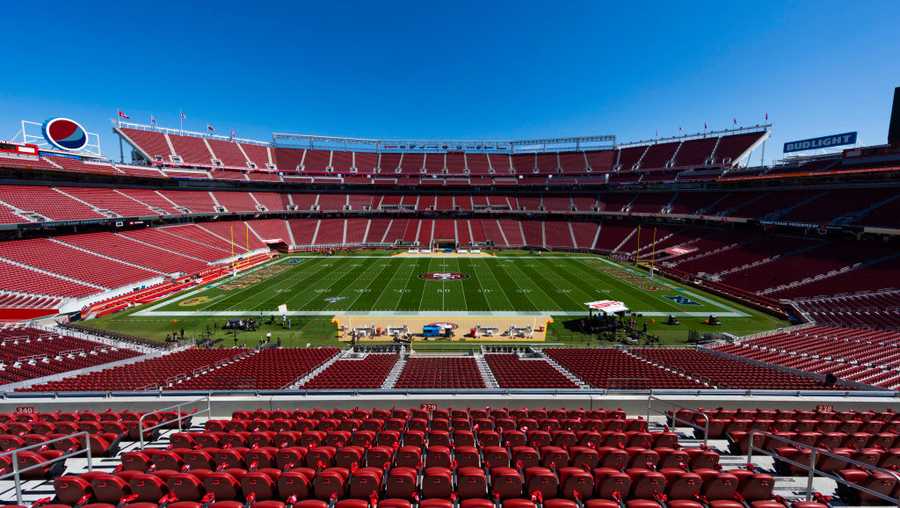Average NFL Player Career

How Long is the Average NFL Career?
The average NFL career may or may not be filled with the glory of touchdown celebrations and game-winning plays, there's an underlying reality that many may not fully grasp— its fleeting nature. The Golden Heart Fund works tirelessly to ensure that former 49ers, regardless of how much time they spent in the league, are supported after their careers come to an end.
Today, we'll explore the eye-opening facts surrounding the average length of an NFL career, revealing the startlingly brief time frame players have to leave their mark on the game.
The Harsh Reality: Average NFL Career Length
According to statista.com, the average NFL career spans a mere 3.3 years, regardless of the player's position. For fans who adore their favorite players, this statistic may come as a surprise and a sobering reminder of the sacrifices athletes make for the sport they love.
Quarterbacks: Walking A Tightrope
Pro Football Reference unveils a striking truth— quarterbacks face one of the shortest average careers in the NFL, lasting roughly 30 games. The quarterback position demands exceptional skill, resilience and adaptability, as they carry the responsibility of leading their team on offense.
Coaches and front office personnel often have little patience for underperforming quarterbacks, leading to a "now or never" atmosphere. As the team's focal point, a quarterback's career can swiftly rise or crumble, making their journey through the NFL an intense, high-stakes affair.
Defensive Backs (DBs): Brief But Impactful
Another position that experiences a relatively short career is the Defensive Back (DB). According to Pro Football Reference, DBs have an average career length of just shy of 38 games.
Despite their relatively shorter time on the field, DBs play a vital role in the team's defense, guarding against the opponent's top receivers and often making game-changing interceptions. Their contributions can significantly impact a team's success, even in the face of limited playing time.

Factors Influencing Career Length
Several factors contribute to the brevity of NFL careers:
- Injuries: The physically demanding nature of the sport exposes players to a higher risk of injuries that can cut short their careers.
- Competition: With a limited number of roster spots available, competition among aspiring players is fierce, leaving little room for prolonged careers. Young talents emerge regularly, and teams often opt for younger, cheaper players with potential over veteran players.
- Evolving Game Strategies: As the NFL evolves, new strategies and playing styles emerge, making it crucial for players to adapt quickly to remain relevant. Some positions become more valuable and warrant a team rostering more players that fit their current plans, while other positions, such as fullback, have become almost completely obsolete from the modern game.
- Draft Position: Young players’ opportunity also fluctuates based on where they went in the NFL Draft. Teams are much more likely to give second or third chances to highly pedigreed players than to those taken in later rounds. Former first round draft picks averaged over twice as many games played (62.3) in their careers as their seventh round counterparts (28.1), based on a data sample tracking player careers from 2012 to 2021.
What We Can Learn from Average NFL Career Lengths
As fans, it's essential to appreciate the dedication and passion NFL players bring to the field, knowing that their time in the spotlight may be fleeting. The Golden Heart Fund works to ensure that fans never have to see their favorite 49ers alumni experience hardship. The average NFL career may be brief, but the impact of these athletes lasts far beyond their time on the gridiron, leaving behind a legacy that resonates with fans for generations to come.



